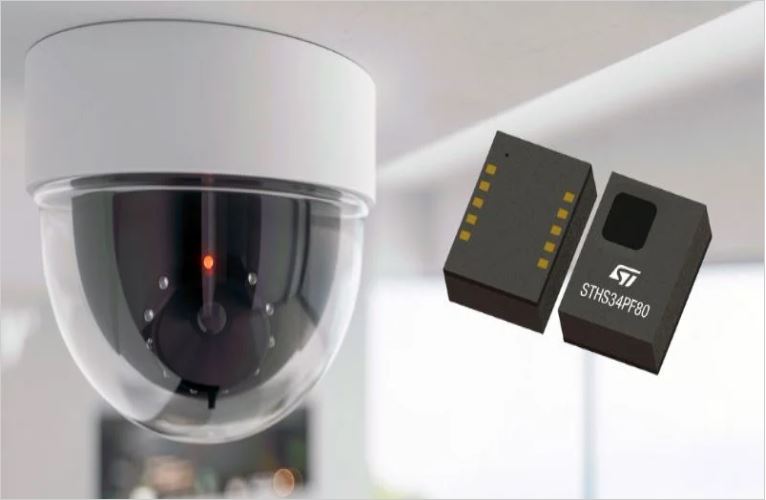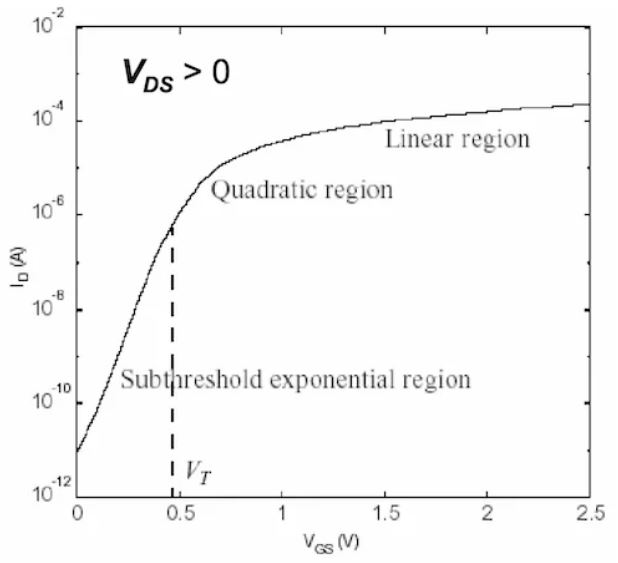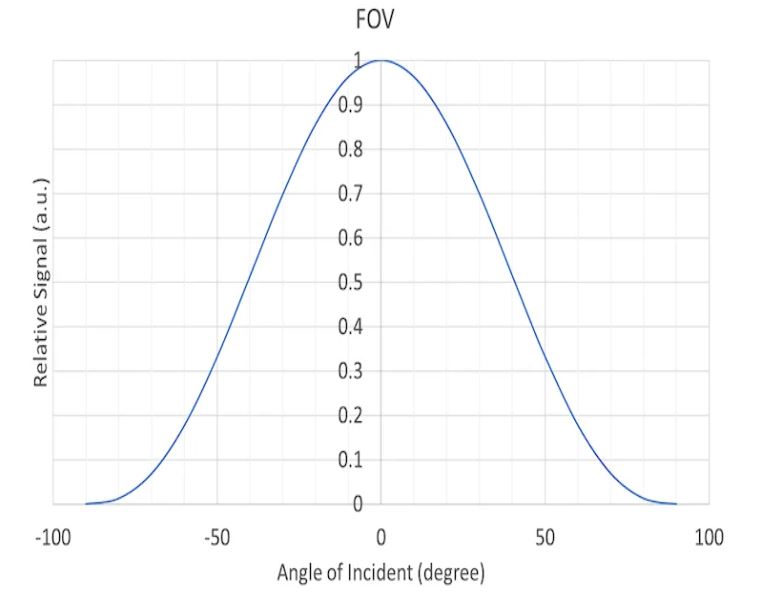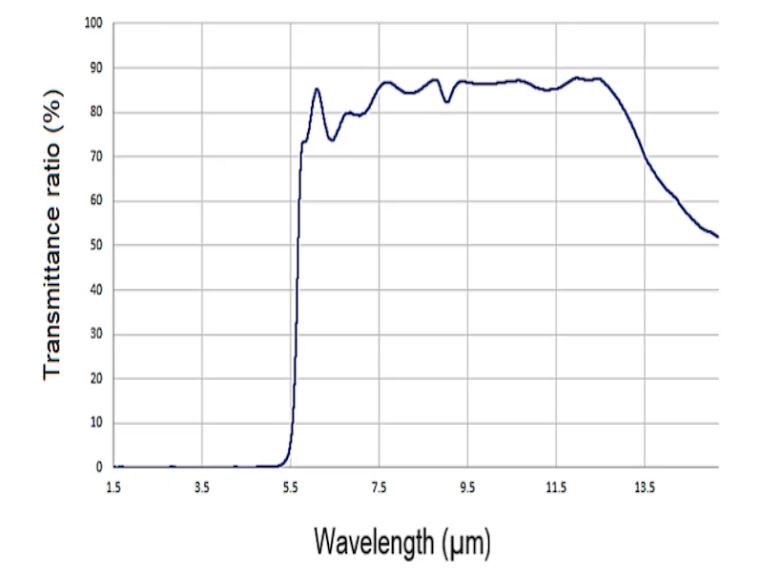Hoping to heighten motion sensitivity in building automation, ST has released a lens-free IR sensor with micromachined thermal MOSFETs.
STMicroelectronics recently announced a new IR sensor using thermal MOSFETs (TMOS) in the place of lenses and passive IR pixels. ST claims the space savings afforded by the TMOS technology may help designers improve performance and conserve board real estate for densely-integrated designs.

ST’s latest IR sensor uses a completely different sensing mechanism without an IR lens. Image (modified) used courtesy of STMicroelectronics
Modern IR detectors have existed since the 1960s, holding a popular place among hobbyists for their simple implementation as motion sensors. While traditional PIR technology requires motion to detect targets, TMOS-based sensors can reportedly accomplish presence detection even when targets are stationary.
This article dives into the technical details of ST's new TMOS IR sensor, the STHS34PF80, and how it can be used in new applications.
Ultra-sensitive Temperature Dependence
At the heart of the STHS34PF80 is multiple TMOS transistors for IR detection. Each transistor (built on an SOI process) operates in the subthreshold region, making the drain-source current extremely temperature dependent. As such, any change in the amount of IR radiation absorbed at the gate of the transistor (produced by any warm object) can determine a target's presence or motion quite reliably.

Subthreshold conduction creates a low but temperature-dependent current to isolate the temperature and IR radiation the sensor receives. Image used courtesy of UC Berkeley
The subthreshold operation of the TMOS transistors creates a low drain-source current (compared to other operation regions) that conserves overall power and improves sensitivity. Typical PIR sensors require a Fresnel lens to focus sufficient IR radiation and create a measurable response. The STHS34PF80, however, can operate without a lens, demonstrating its sensitivity.

ST built TMOS devices alongside digital and analog circuitry to realize a small yet high-performance IR detector with motion and presence detection. Image used courtesy of STMicroelectronics
In addition to the IR detection hardware, digital readout circuitry is built-in using ST’s SOI CMOS technology, making for an extremely small overall package size. This dense integration, combined with the lens-free operation, makes the sensor a valuable tool to shrink sensors further.
New Vision for Smarter Devices
ST has identified several applications that may benefit from the new sensor, such as security alarms, occupancy monitoring, and intelligent lighting and appliances.

The lens-free FOV of the sensor enables versatile applications in small package sizes. Image used courtesy of STMicroelectronics
Without a lens, the sensor's 80-degree field-of-view (FOV) achieves a 4 m range. An optical band-pass filter at the input ensures that ambient light conditions will not impact detection ability.

The input transmittance ratio highlights the sensor's ability to work independently of visible light, providing designers with more robust sensing. Image used courtesy of STMicroelectronics
If designers need an even greater range or FOV, they can integrate custom or commercial Fresnel lenses to boost performance. ST has launched production on the sensor alongside a compatible evaluation board designers can use to test the sensor’s performance in application-specific scenarios.











